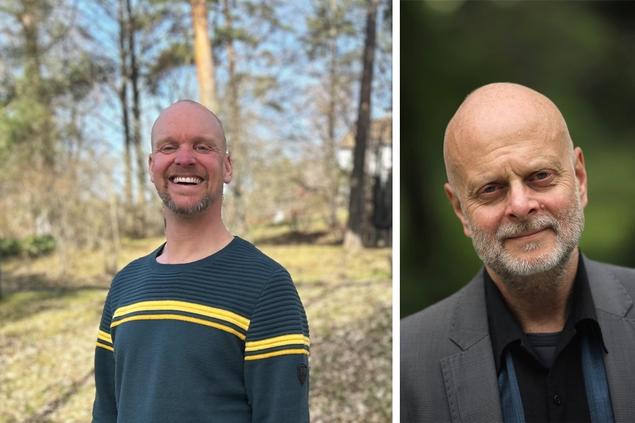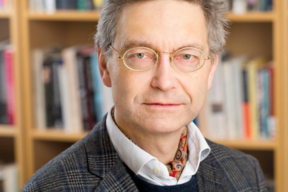FNI Participates in FME SecurEL to Strengthen Norway's Electricity System

FNI will examine policies and regulations to ensure a secure, resilient, and sustainable electricity grid.
The Research Council of Norway is to allocate a total of NOK 1.28 billion to eight Research Centres for Environment-friendly Energy (FME). Among these is SecurEL, where the Fridtjof Nansen Institute (FNI) participates as a social science research partner. The FME SecurEL project aims to improve the security, robustness, and sustainability of Norway's electricity system. This FME research centre, to be funded for eight years with a budget of several hundred million kroner, will support the transition to a zero-emissions society while ensuring reliable power supply. SINTEF Energy is the host institution, involving a total of 40 partners from research, industry, and utility companies, and a lot of new technology will be developed under the FME.
It is essential to ensure a robust framework that not only reduces vulnerabilities in the electricity network but can also pave the way for innovative energy practices.
‘Technological development is indeed important in the project – but, as social scientists, we can study the political processes behind regulations and their formation,’ explains senior researcher Tor Håkon Jackson Inderberg from FNI. Alongside senior researcher Per Ove Eikeland, he will undertake the FNI’s work with FME SecurEL.
Research on Policy and Regulation
The FNI will examine Norwegian regulations and their impact on utility companies' implementation of new technology.
‘We will analyse how consumer flexibility and decentralized energy production can safeguard the stability of our power supply’, Eikeland explains.
‘Decentralization involves not only building big new power plants but also stimulating local electricity production and optimizing consumption at various times of the day’, he adds. ‘This means, for example, creating markets where third-party actors can trade electricity directly from consumers, significantly increasing flexibility and potential in the industry.’
Electricity grids challenges and Innovations
A decade ago, Norway was thought to have secured sufficient electricity for the foreseeable future. However, it has now become clear that an increased electricity supply is essential for Norway to meet its climate goals. The electrification of various sectors has become inevitable for achieving these targets, necessitating the development of more robust and adaptable energy systems.
‘Developing technical solutions is futile if it is not politically feasible to implement them’
Inderberg continues: ‘The electricity grid is now under greater pressure due to increased demand. The FME SecurEL aims to contribute to decentralization. We aim to involve consumers more actively and make better use of our power resources’, adding that consumers may be both large companies as well as ordinary households.
The Role of Social Science in Technical Research Projects
Although FME SecurEL has a mainly technical focus, it is important to include social science research as well:
‘Developing technical solutions is futile if it is not politically feasible to implement them’, Inderberg explains. In FME SecurEL, social science research will also provide guidance to decision-makers.
‘We study and map out the politics, legal frameworks, support systems, and financial regulations that govern the industry. Understanding these elements helps us to innovate through new regulations. Cross-sector collaboration with various industrial and network partners nationwide is crucial,’ says Eikeland.
FNI has already extensively researched the complex landscape of Norway's energy regulations. Its participation in FME SecurEL will further highlight the institute's relevance and expertise in the broader industrial landscape. ‘Working with large sectors of the industry offers us an excellent opportunity to demonstrate our relevance and expand our network’, Inderberg concludes. 
'FNI gets yet another opportunity to learn about the natural science aspects, and in return provides social science knowledge, all in eight years. Absolutely brilliant,' says FNI Director Iver B. Neumann.
Research Centers for Environment-friendly Energy (FME)
Last week the Research Council of Norway announced eight new Research Centres for Environment-friendly Energy (FME). Total funding from the Research Council is NOK 1.28 billion over eight years, to be supplemented by additional contributions from the business sector and R&D partners. These FME Research Centres are time-limited research centre that focus on long-term research efforts at a high international level. The industry contribution from industry will constitute minimum of one-third of the financing.
